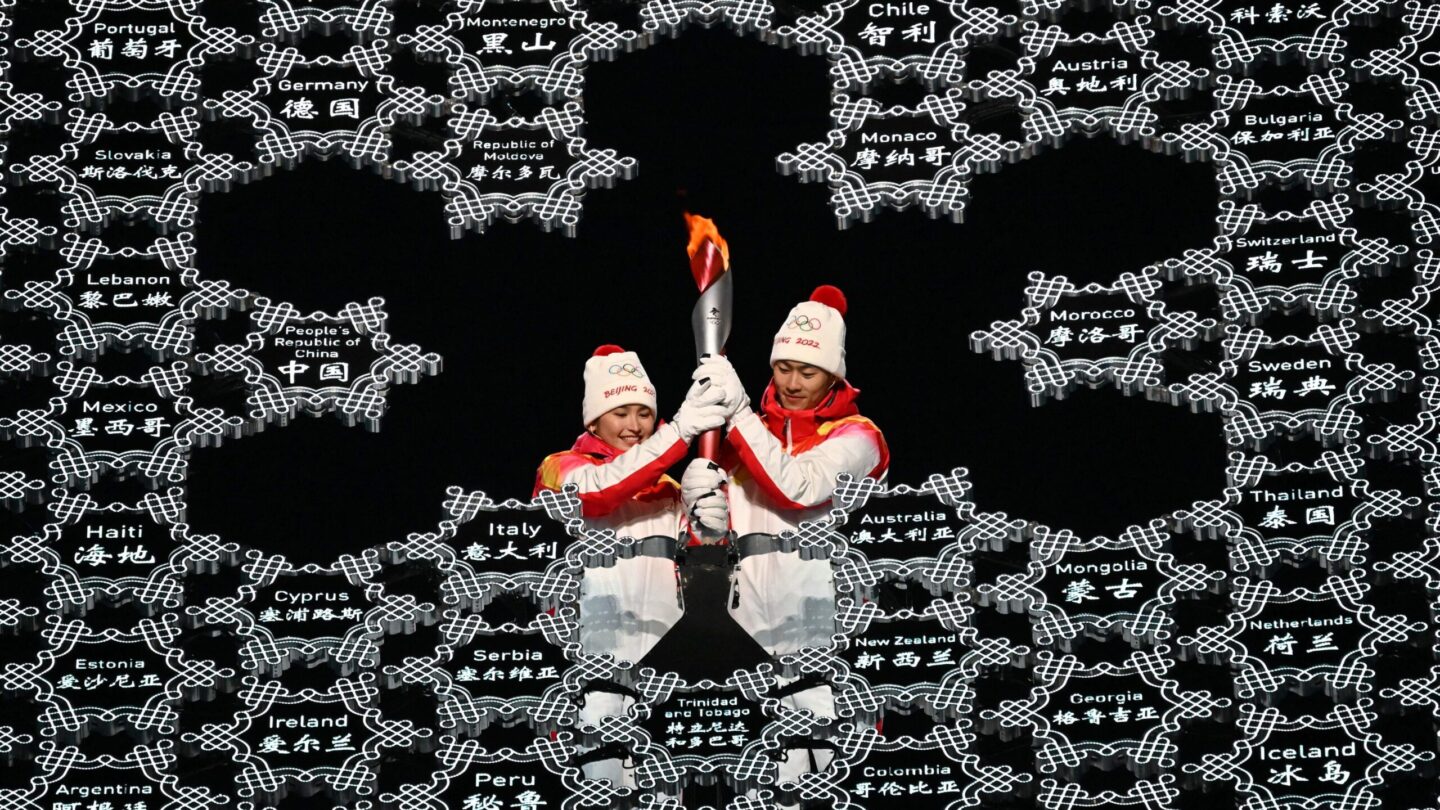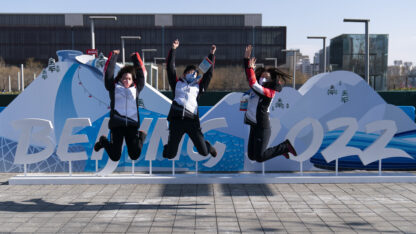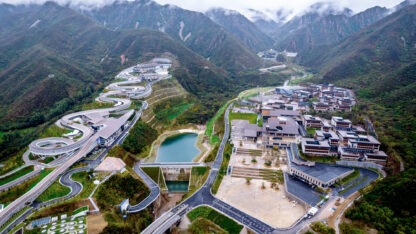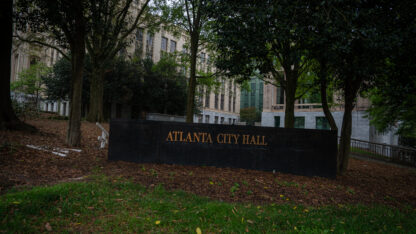The Olympic flame is now burning in Beijing’s Bird’s Nest, poised in the center of an extremely unique cauldron that’s shaped like a huge snowflake. Rather than an inferno, its flame comes from a single torch, and the identity of one of its lighters made a major political statement.
Winter Olympics opening ceremony director Zhang Yimou had promised the cauldron would “certainly be different” and would take people by surprise. And those are the impressions many people quickly shared — along with questions such as “Is that it?”
The large snowflake comprises smaller snowflakes bearing participating countries’ names. And while many viewers appreciated that symbolism, they often circled back to a larger debate over a small issue: the cauldron.
Both the Beijing 2020 and the Olympics’ official tweets met with a wide range of responses, as some people criticized the cauldron, and others defended it as being part of a broader theme of putting on a less wasteful Olympics.
Beijing organizers called it “innovative and inspiring” — and in their tweet, they avoided calling it a cauldron altogether, simply stating, “The Olympic flame has been lit inside the beautiful snowflake” at the ceremony.
The snowflake then rose high above the stadium floor as a barrage of fireworks erupted over the Bird’s Nest, creating the pattern of the Olympic rings.
The flame was placed inside the unusual cauldron by two young athletes: cross-country skier Dinigeer Yilamujiang, 20 — who was born in the Xinjiang autonomous region, according to her Olympic bio — and Zhao Jiawen, 21, who hails from Shanxi province and will compete in the Nordic combined (which includes cross-country and ski jumping).
The identity of the person who lights the Olympic cauldron is always a tightly guarded secret. Many observers had predicted China might select one of several high-profile gold medalists, such as retired speed skater Yang Yang or retired pairs figure skaters Shen Xue and Zhao Hongbo.
Selecting Dinigeer Yilamujiang, who is originally from Xinjiang, to play such a prominent role was immediately seen as a rebuke from China toward the U.S. and others in the international community, who have repeatedly called out Beijing for its repressive policies toward the Uyghur minority in Xinjiang.
Uyghurs are a largely Muslim ethnic group. When the U.S. announced a diplomatic boycott of these Games in December, the White House cited the Chinese government’s “ongoing genocide and crimes against humanity” in Xinjiang as the reason for its diplomatic boycott.
As NPR’s Emily Feng recently reported:
“Since 2017, authorities in Xinjiang have rounded up hundreds of thousands of Uyghurs, a largely Muslim ethnic minority group, and sent them to detention centers where they are taught Mandarin Chinese and Chinese political ideology. Camp detainees have reported being forced to work in factories during their detention or after they are released. The children of those detained or arrested are often sent to state boarding schools, even when relatives are willing to take them in.”
Copyright 2022 NPR. To see more, visit https://www.npr.org.
9(MDAxODM0MDY4MDEyMTY4NDA3MzI3YjkzMw004))

9(MDAxODM0MDY4MDEyMTY4NDA3MzI3YjkzMw004))








